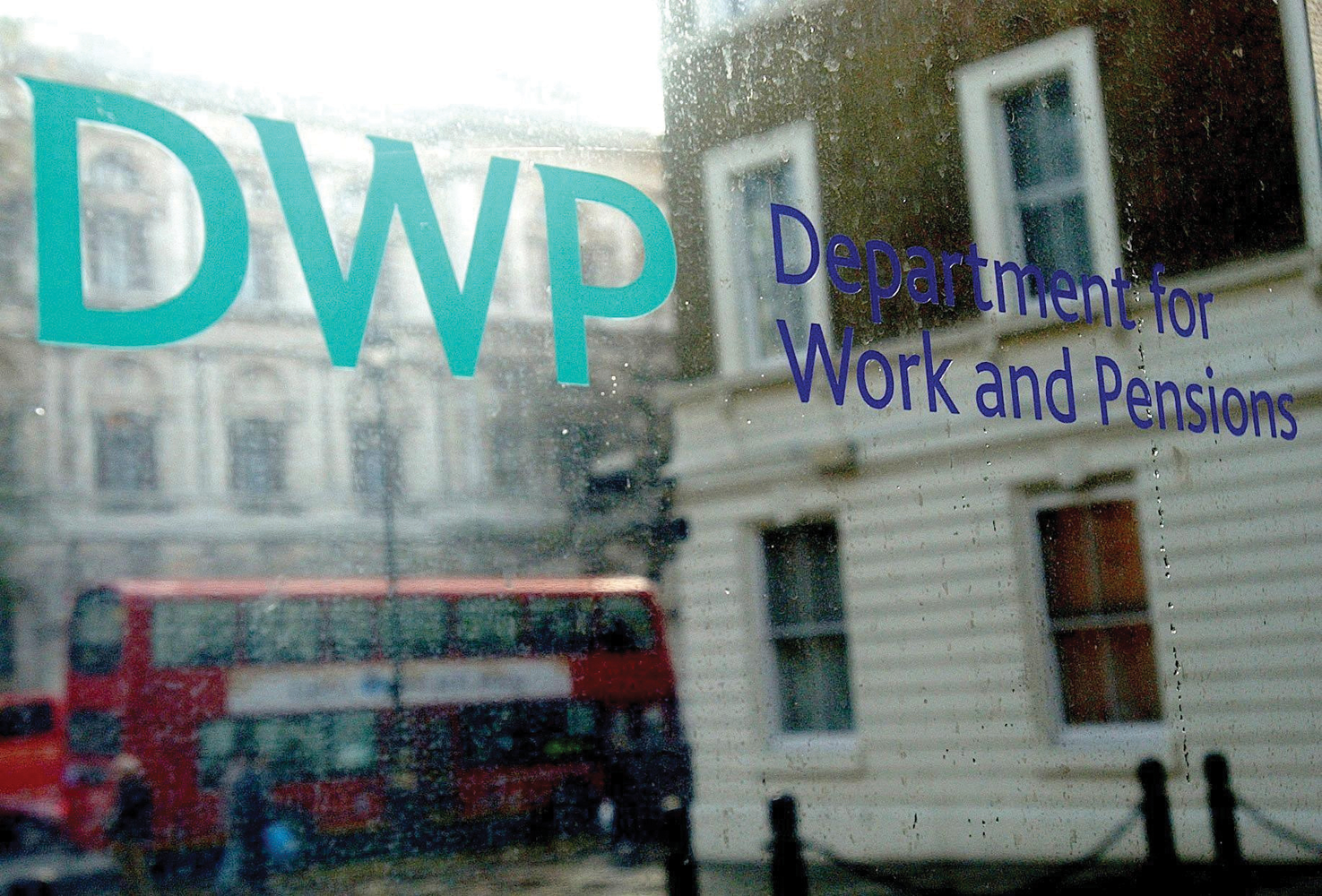News
ASA bans ‘misleading’ Universal Credit adverts

A series of government advertisements extolling the virtues of Universal Credit have been banned by the Advertising Standards Agency (ASA).
The watchdog received 44 complaints about six newspaper adverts and a web page which purported to bust negative myths and explain the facts about Universal Credit.
The ads claimed that people moved into work faster on Universal Credit than under the old system; that jobcentres will pay an advance to people who need it; and that rent can be paid directly to landlords.
But, in an embarrassment for the government, the ASA found the claims to be unsubstantiated and branded them “misleading”.
One of the ads stated: “Myth: Universal Credit makes it harder to pay your rent on time. Fact: your job centre can give you an advance payment and pay rent directly to landlords.”
But the ASA said this was misleading as it omitted significant restrictions placed on the right to alternative payment arrangements, which are actually only available to about one in 10 claimants.
Another ad claimed: “Myth: you have to wait five weeks to get any money on Universal Credit. Fact: if you need money, your job centre will urgently pay you an advance.”
The ASA said this was misleading as it wasn’t made clear enough in the adverts that the advance was a loan to be repaid within 12 months, or that advance payments were not necessarily available immediately.
A third advert stated: “Myth: Universal Credit doesn’t work. Fact: it does. People move into work faster on Universal Credit than they did on the old system.”
The ASA said it considered that readers would interpret the wording “… move into work faster …” to refer to secure, ongoing employment, and in the absence of additional clarification it considered readers would expect that the claim was based on recent evidence relating to those who were currently eligible for Universal Credit.
However, the claim related to a 2017 DWP study and included “people who had worked for only a few hours on one occasion during the relevant period”.
The adverts were part of a £225,000 Department for Work and Pensions (DWP) campaign to explain Universal Credit. They appeared in print in the Metro newspaper and on its website, as well as on the MailOnline, in May and June.
But the ads attracted 44 complaints, including those from the Motor Neurone Disease Association, the Disability Benefits Consortium (DBC) and the anti-poverty charity Zacchaeus 2000 Trust (Z2K).
The ASA told the DWP to ensure that it held adequate evidence to substantiate the claims in its advertising, to include significant conditions, and to present significant conditions clearly.